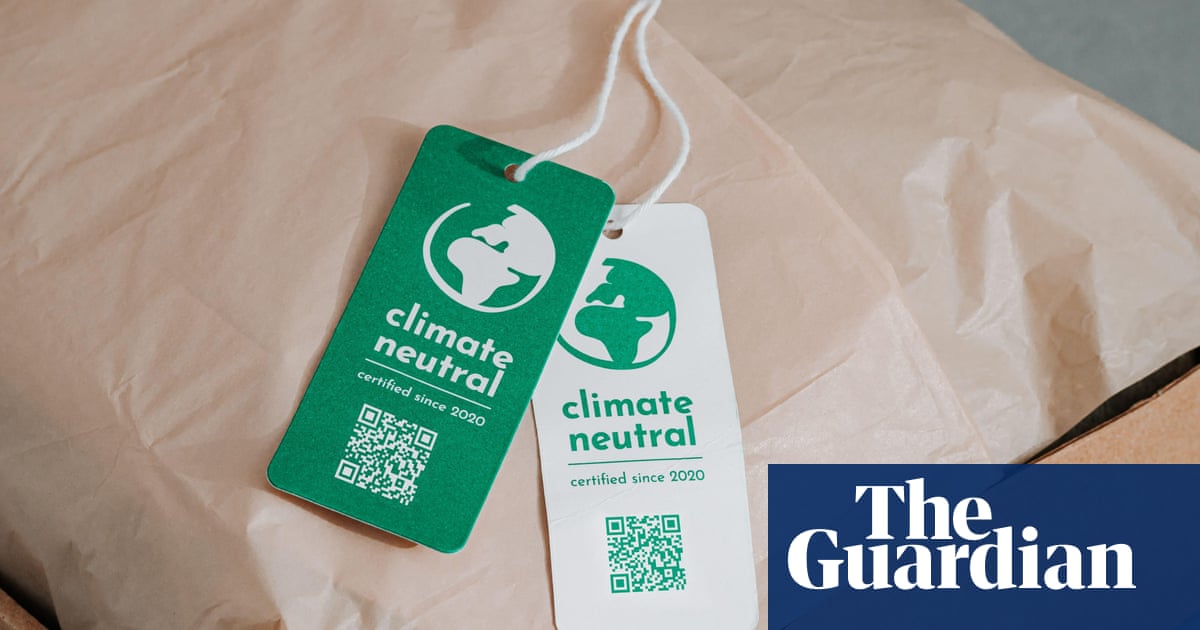On Wednesday, members of the European parliament [MEPs] voted to outlaw the use of terms such as “environmentally friendly”, “natural”, “biodegradable”, “climate neutral” or “eco” without evidence, while introducing a total ban on using carbon offsetting schemes to substantiate the claims.



Well the principle was sound to begin with. A company has some unavoidable impact on the environment, so instead they fund some carbon capture, which offsets the carbon emitted. Sounds OK on the surface.
However in practice there are major issues with this idea.
There’s the short carbon cycle (think trees) and the long carbon cycle (think oil). Taking from the long cycle and repaying the short cycle isn’t equivalent at all. The short cycle is just kicking the can down the road. Sure it captures some carbon during the lifetime of the tree, but as soon as the tree dies (which is most likely within 20-30 years) that carbon gets released as the wood is burnt or rots away. Since there is no way to repay to the long cycle at the moment, this should not have been used to offset carbon taken from the long cycle.
This only works if there is an actual increase in carbon capture. But in the end it turned out almost all of the so called carbon credits sold to companies weren’t based on an increase in capture at all. For example a protected piece of land explicitly only used and only to be used for trees/nature got turned into carbon credits and those credits were sold. Since that piece of land was previously being used and will be used in the future for trees, there isn’t an actual increase in carbon capture and thus the carbon isn’t offset at all.
The way a piece of land was turned into carbon credits turned out to be not regulated very well at all. A lot of land was sold more than once and for way more offset than physically possible to capture with that piece of nature.
It turned pieces of nature into a financial interesting product. This attracted the WORST of the worst people in the world. Buying up huge parts of land, claiming to develop it for carbon capture (but not actually doing that) and selling carbon credits up the wazoo. These pieces of land were usually just left to waste away and/or abused for various uses including very polluting uses.
As this became known, companies just looked the other way and continued to greenwash. Consumers who don’t know believe the claims (made by some of the biggest companies in the world, why would you doubt this?) and think they are buying environment friendly. Carbon offsets were also used as a get out of jail free card by companies, choosing to pay off their pollution instead of fixing what can be fixed.
I can recommend this YouTube video which is a good summation of the issues: https://www.youtube.com/watch?v=AW3gaelBypY
Here is an alternative Piped link(s):
https://www.piped.video/watch?v=AW3gaelBypY
Piped is a privacy-respecting open-source alternative frontend to YouTube.
I’m open-source; check me out at GitHub.